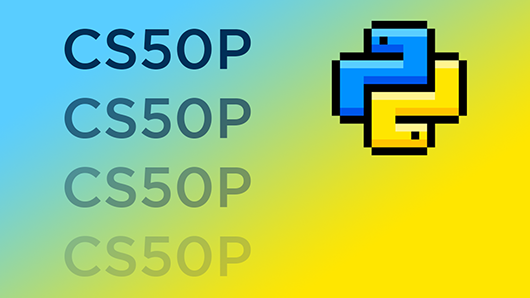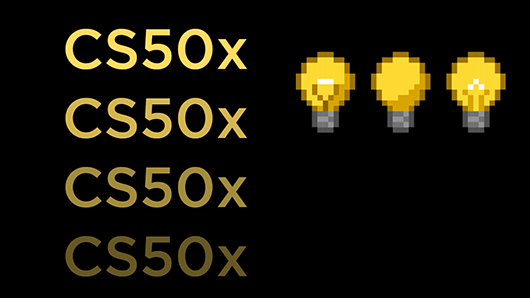Course description
Time series data (for example, closing prices of an exchange-traded fund, maximum yearly temperatures, monthly PC sales, or daily numbers of visitors) arise whenever correlations of adjacent observations in time cannot be ignored. This course covers modern methods for time series analysis and forecasting. In addition to mathematical foundations of time series, students get hands-on experience building predictive models in cases of both stationary and non-stationary time series. Topics covered in the course include autocorrelation and partial autocorrelation, Fourier analysis, stationarity, time series decomposition, autoregressive integrated moving average (ARIMA) process and the Box-Jenkins methodology, generalized autoregressive conditional heteroskedasticity (GARCH) model, and long short-term memory (LSTM), a special type of recurrent neural networks (RNN) which has demonstrated to be superior to classical time series models in many applications.





